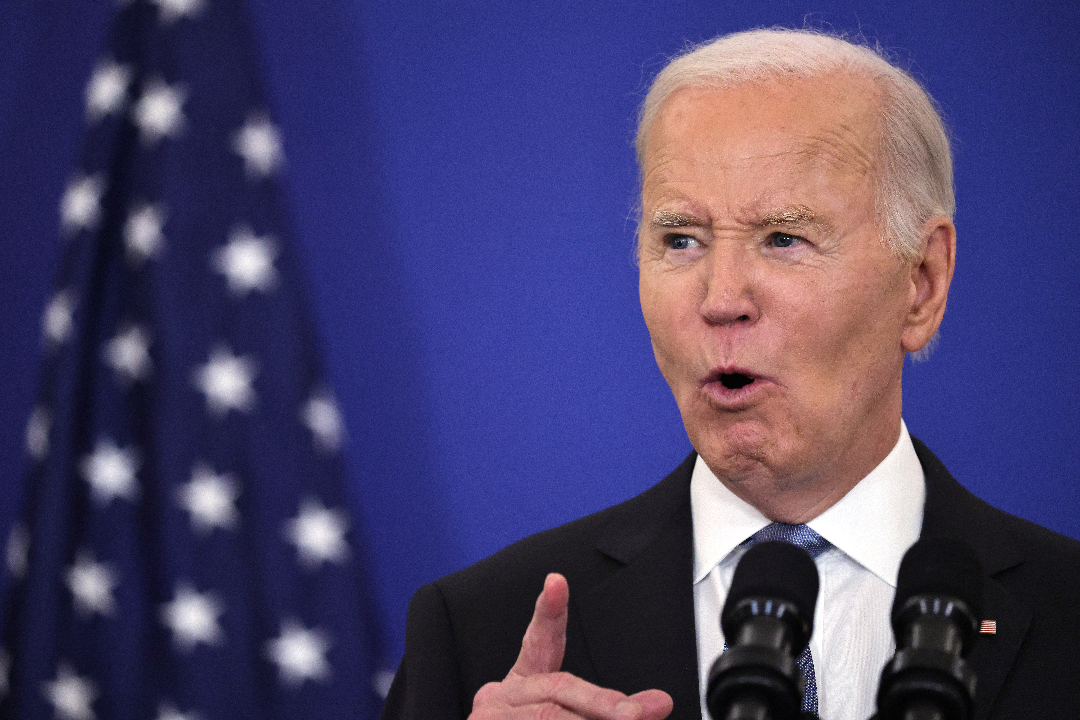In a surprise move, President Joe Biden announced yesterday that his administration will remove Cuba from the State Sponsors of Terrorism List. In addition, Biden suspended Title III, a controversial law that had stifled foreign investment to Cuba, and he eliminated a “restricted list” of Cuban entities that included dozens of hotels.
The moves, which would have been momentous for US-Cuba relations if they had come four years earlier, could soon be rendered meaningless.
“The Title III suspension and removing Cuba from the terrorism list won’t even go into effect until after Trump’s inauguration. Both can be reversed by Trump on Monday,” said William LeoGrande, a professor of government at American University and an expert on US-Cuba relations. “These would have been great moves in the first week of the Biden administration rather than the last.”
Yesterday the Biden administration described these moves as “unilateral steps,” but they appear to have been a quid pro quo. A Biden official said he expected the measures would lead to the release of “the many dozens of Cubans arrested in connection with the July 2021 protests.” Later on Tuesday, Cuba’s president Miguel Díaz-Canel posted on X/Twitter that his country was taking the “unilateral and sovereign decision” to release “553 people sanctioned for a variety of crimes.”
Both Cuba and the United States said the Catholic Church had played a central role in securing the release of the prisoners.
There is “no credible evidence at this time of ongoing support by Cuba of…
Auteur: Reed Lindsay

